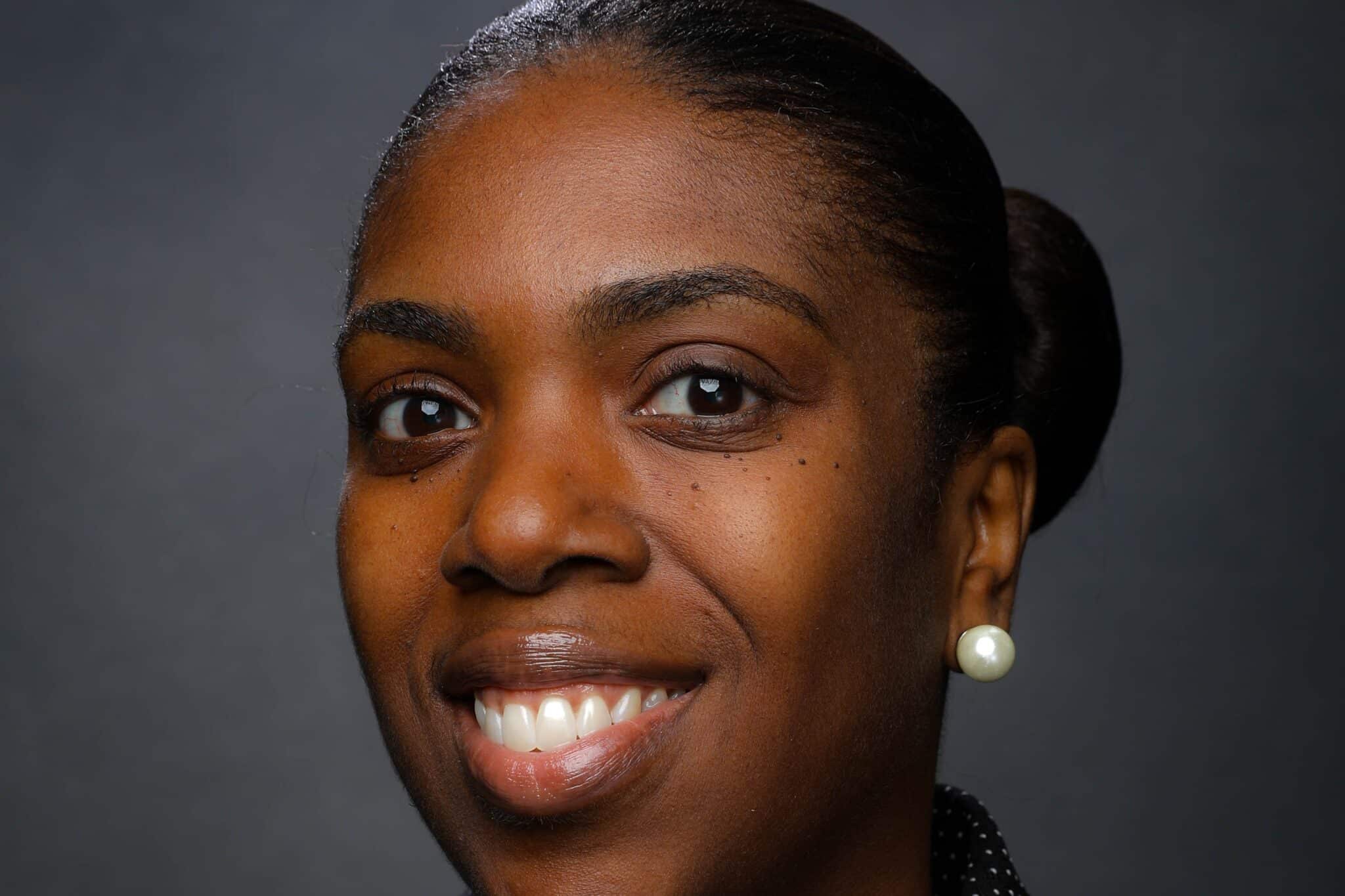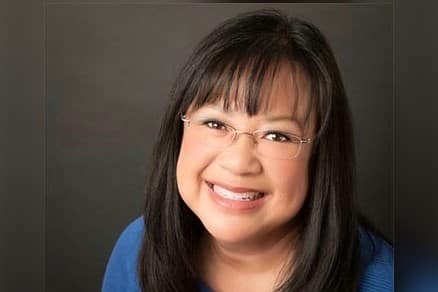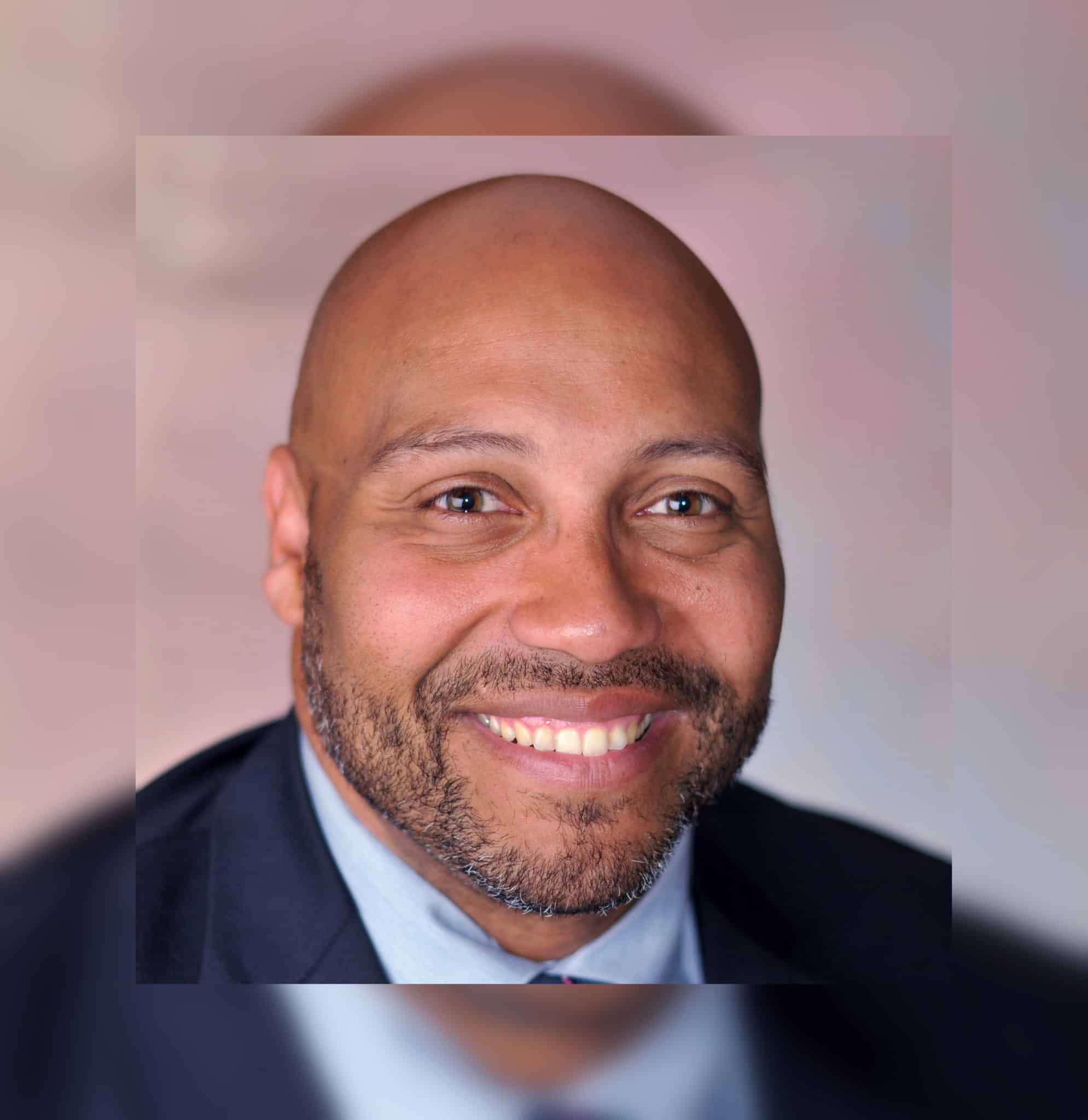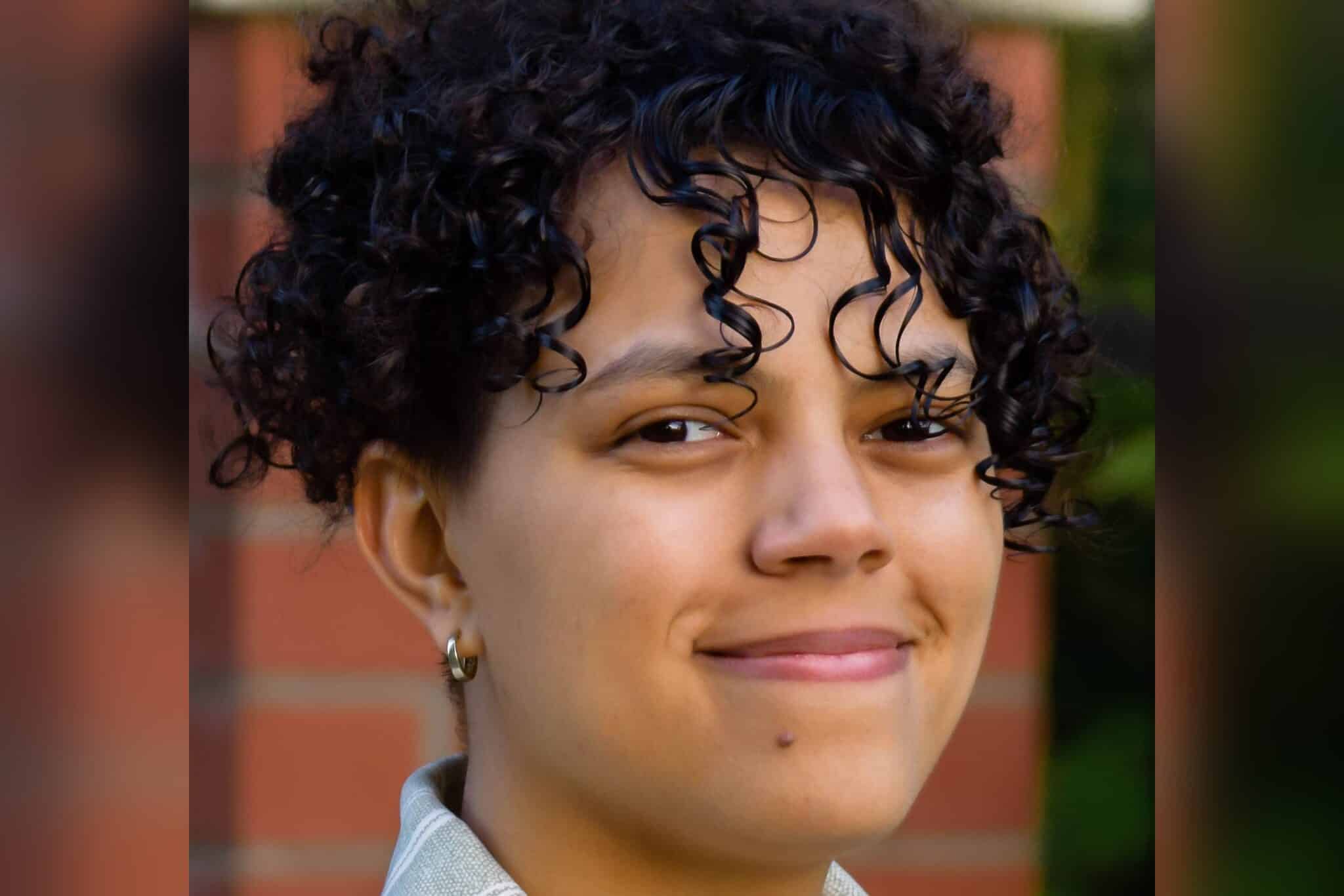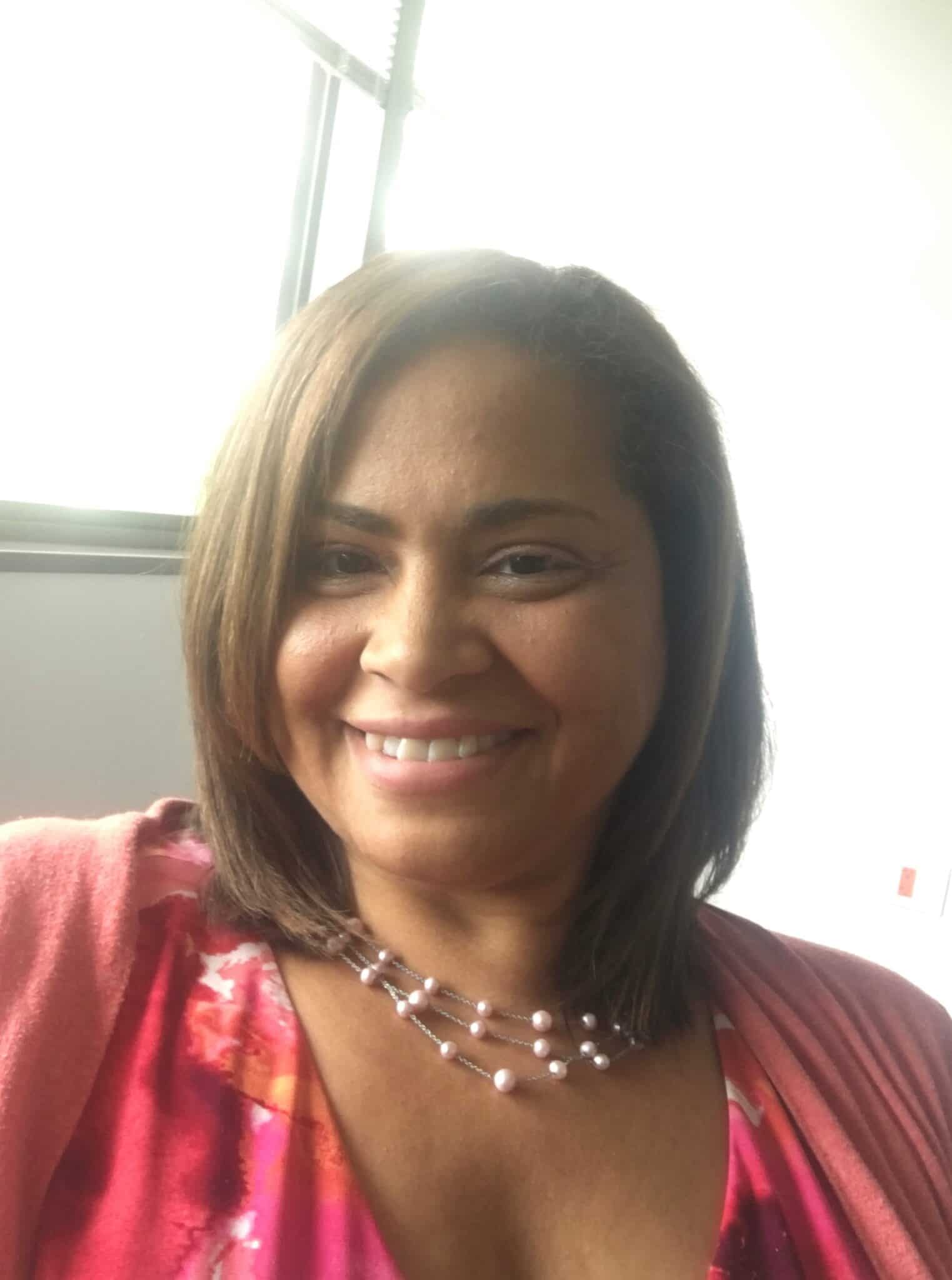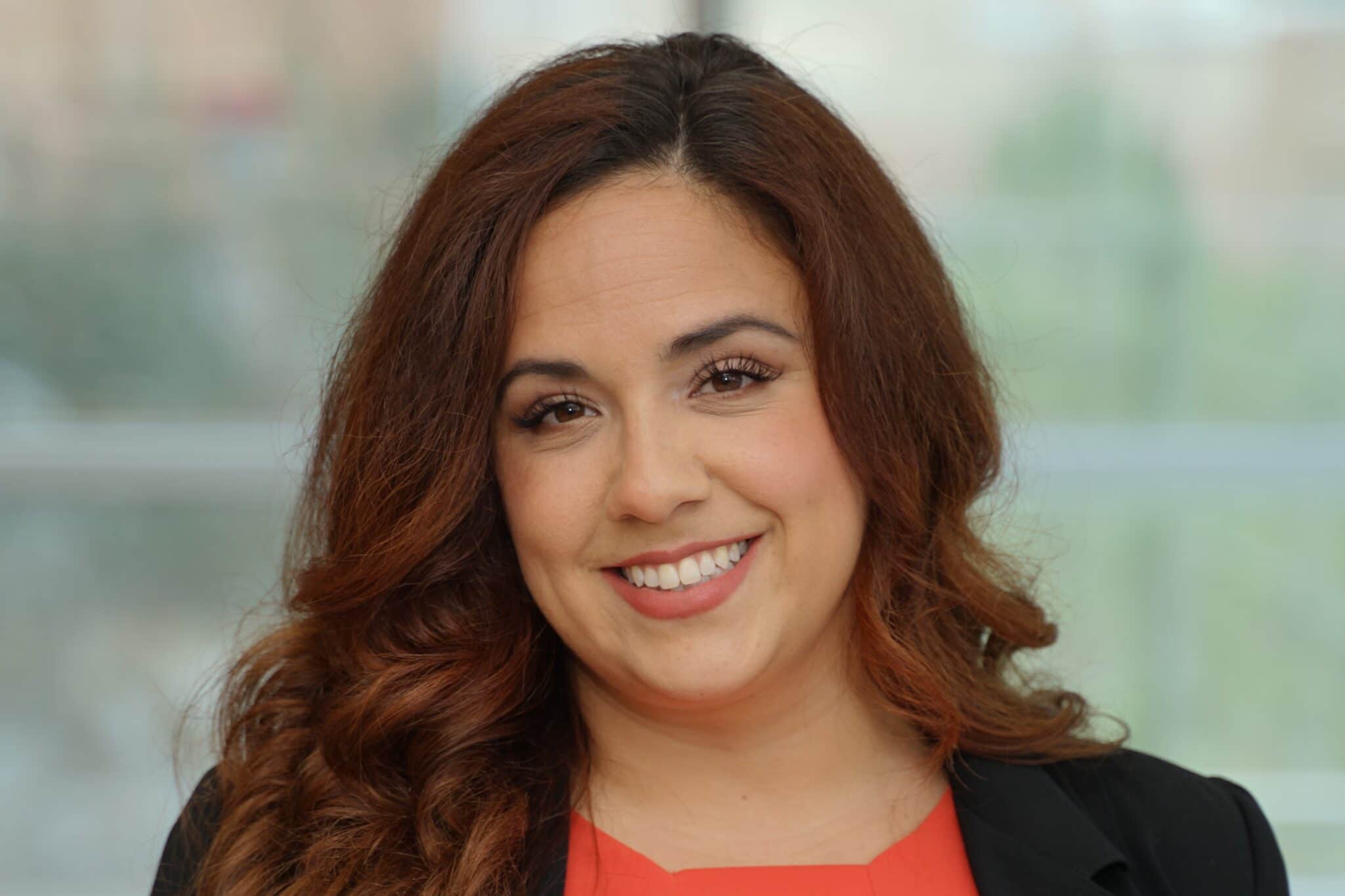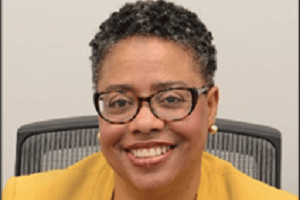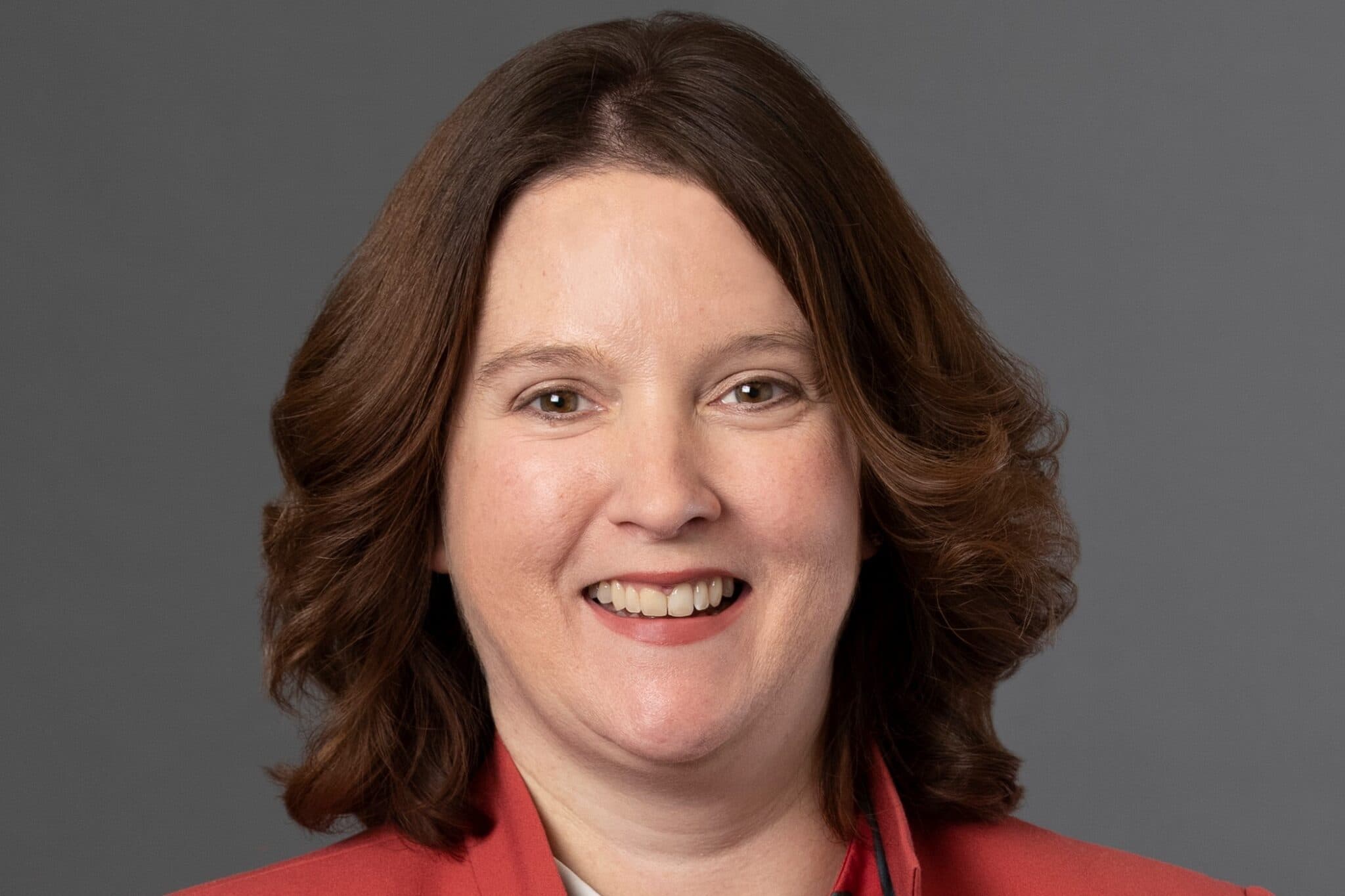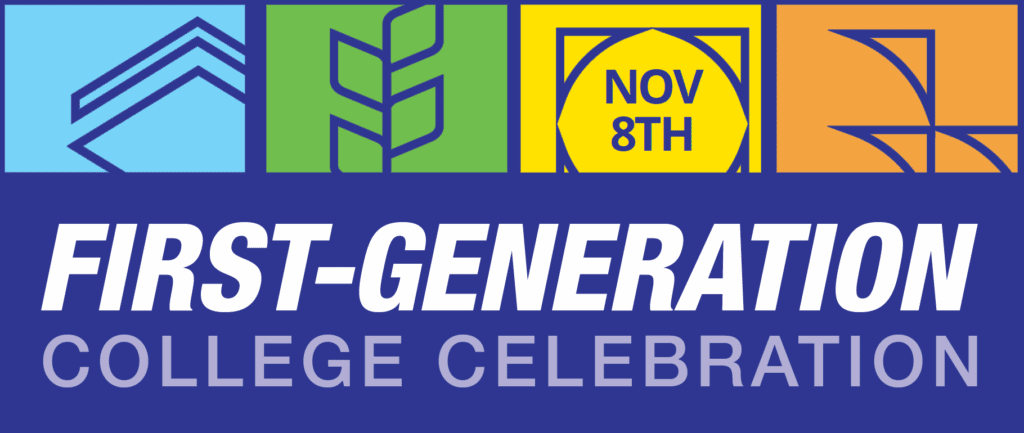
On November 8, led by the Center for First-generation Student Success, colleges and universities participate in the National First-Generation College Celebration. The annual celebration aims to advance an asset-based national narrative about first-generation student experiences and outcomes. The event also highlights the systemic barriers that many first-generation learners face when navigating the higher education system, encouraging colleges and universities to better support this demographic.
ATD’s vision is to help our Network colleges catalyze equitable, antiracist, and economically vibrant communities by advancing them as profoundly accessible hubs of learning and economic mobility. When colleges lower barriers for first-generation students, they take a significant step toward realizing this vision within their communities. Access to higher education can have profound impact not just on the students receiving a degree or credential, but on their families and communities for generations to come.
Why first-gen matters
According to NASPA, 56 percent percent of undergraduate students in the 2015–16 academic year were first-generation learners—defined in this case as students whose parents did not obtain a bachelor’s degree. The figure was greater at community colleges: 64 percent of learners attending a public two-year institution were first-generation students. (Many organizations use a different definition for first-generation students: 24 percent of people attending college in the 2015–16 academic year had parents who received no postsecondary education.)
First-generation students are more likely to belong to racially minoritized groups or come from economically marginalized backgrounds than their continuing-generation peers. The median parental income among dependent first-generation students in the 2015–16 academic year was $41,000, less than half of the median parental income for dependent continuing-education students.
Many first-generation students also encounter challenges during their studies that can make success and completion in college more difficult: they are more likely to be employed while in college, working more hours on average than their continuing-education peers, and they are more likely to be aged 30 or above, with parenting or caregiving responsibilities that can take time away from their studies.
For colleges to become equitable and accessible sources of learning and mobility for all their students, they must understand and address the needs of their first-generation learners.
Helping first-generation students reach higher
There are many policies and strategies that community colleges can employ to better support first-generation students and equip them for success.
It’s imperative for college faculty and leaders to holistically understand their students. Gathering quantitative data about first-generation status can help institutions understand the population they’re serving, and cultivating qualitative data about the student experience can better equip colleges to anticipate first-generation students’ needs and support them through challenges.
Explore more
Knowing Our Students: Understanding & Designing for Student Success
In the classroom, educators can work to take an asset-based approach to teaching and learning. This framework encourages faculty to recognize the diverse experiences and qualities that first-generation students bring to campus as assets, rather than detrimental deviations from a traditional “norm.” Consider incorporating culturally responsive teaching practices and innovative tools, such as open educational resoures (OER), into curricula.
Explore more
And across the higher education space, leaders, administrators, and faculty members alike must be willing to continue learning and developing if they want to respond to their students’ complex and evolving needs. The Center for First-generation Student Success offers a wealth of resources for college leaders who want to zero in on the student experience for this vital group of learners.
More stories from first-generation ATDers
Many staff and coaches at Achieving the Dream are first-generation college students themselves. The stories above, and the ones listed below, are some of their responses to the question, “What does being a first-generation college student mean to you?”
“As a first-generation student, I attended community college begrudgingly. My friends were away at universities, and I was at home with parents who did not support college. Finances were a constant struggle. In my sophomore year, I was hospitalized for three weeks and feared I would not finish college. A department chair ensured that my instructors and employer supported me to completion. I was blessed to be enrolled in this community college where student success was the priority. I became grateful for this experience, completing my A.S., B.S., M.S. and eventually an Ed.D., culminating in a community college presidency.”
– Dr. Cathy Kemper-Pelle, Coach
“My grandmother frequently stated that if you work hard and get an education, ‘No one can take that away from you.’ As a young person, I pondered what she meant by that statement but thought of her words often as I was pursuing a college degree. She supported my tenacity to attend college and to be the first in our family to earn a college degree. I value the generational impact as a first-generation college student since my daughters knew that earning a degree could lead to career opportunities and my college experiences helped pave the way for their future success.”
– Bobbie Frye, Associate Director of Research & Assessment
“I didn’t know if I was ‘college material’ or not. That first semester I felt a tremendous pressure. There was no such thing as student support services. But because I lived in a dorm on campus, I was able to find two sophomores who seemed to welcome the opportunity to review the precalculus course that they had passed the previous year. After 60 years I still remember their names. I learned to look for help when I needed help and to provide help whenever I could. I try to pass this along to today’s first generation in college and others.”
– Dr. John Brockman, Coach
“When I went to college, I had teachers and other adults in my life who encouraged me to go even though my parents did not have the resources. It was hard. But I was encouraged — even when I got my first D ever! Once I completed my bachelor’s, I went for my master’s, and I understood that doors were opening because I had an education that unlocked doors. People saw me as a potential team member. I have spent most of my life at a community college supporting and encouraging students to unlock doors for them to take dreams into reality.”
– Dr. Connie Green, Coach
“My parents had an eighth grade and sixth grade education, respectively, and always encouraged us to strive for a better life by going to college. I achieved my parents’ dream by completing my doctorate degree and enjoying the benefits of higher education — career and social mobility. I “pay it forward” by inspiring the next generation in our family and other first-generation students to thrive in college!”
– Dr. Jean Hernandez, Coach
“Being a first-gen student means that I learned firsthand that college is difficult, as it should be, but getting into and navigating through college is equally or more difficult, and shouldn’t be. We need to continue to do more to build inclusive, welcoming, equitable higher ed. environments that increase access and opportunities, and meet the needs of our diverse student populations. … We need talk less about their lack of college preparedness and continue to work to be better prepared for them.”
– Dr. Trent Mohrbutter, Coach
“I am proud grandson of an immigrant from Sweden who helped raise money to purchase land so that the State of New York would build a community college in Jamestown. I honor the shoulders I stand on and who sacrificed to ensure the next generation would have better opportunities. I also appreciate the challenges of those first-generation college students who often do not have support but go anyway.”
– Dr. Richard Woodfield, Coach
“Being a first-generation college student meant having an opportunity to continue the work my parents had done to make a better life. I was not sure what that life was, but I believed an education was where I had to start.”
– Dr. Nancy Ramsey, Coach
